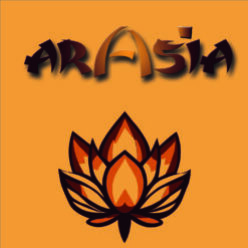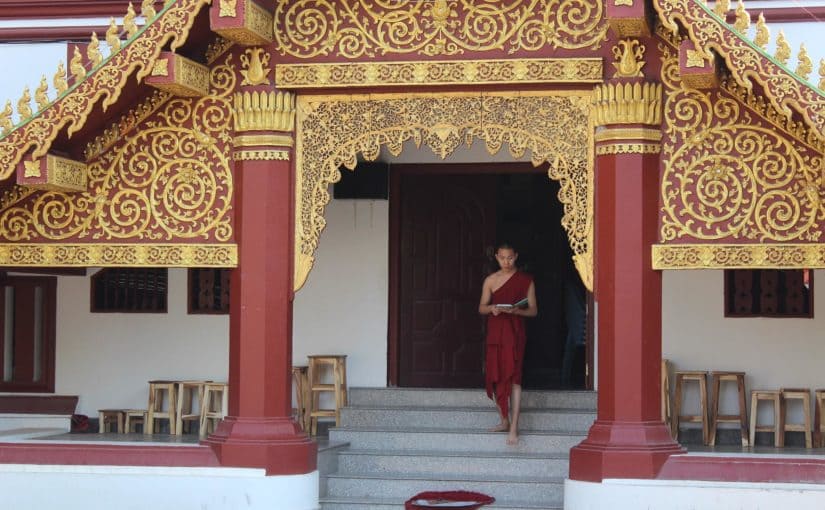Zen Buddhist monk, poet and author of many books (more than 130, including Vietnam: a lotus in a sea of fire; There is neither death nor fear; The Fullness of the moment, living in full consciousness; Peace in itself, peace on the move.), Thich Nhat Hanh is a tireless peace activist who traveled the world and founded many religious and social institutions.
He is affectionately nicknamed Thay, which means “teacher” in Vietnamese.
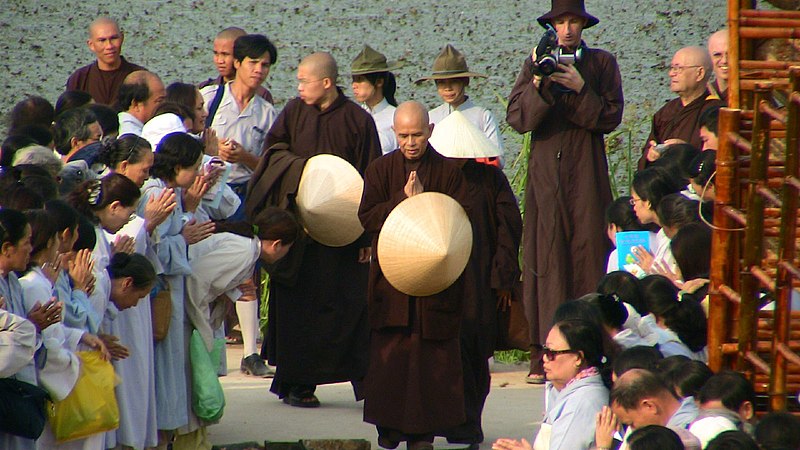
Youth and ordination
Born in French Indochina (now Vietnam) in 1926, Thich Nhat Hanh has been a Zen Buddhist monk since 1942, when he was 16 years old.
In his youth, he befriended a French soldier who wondered about the usefulness of war. Thich Naht Han was against the Vietnam War and did not want to take sides.
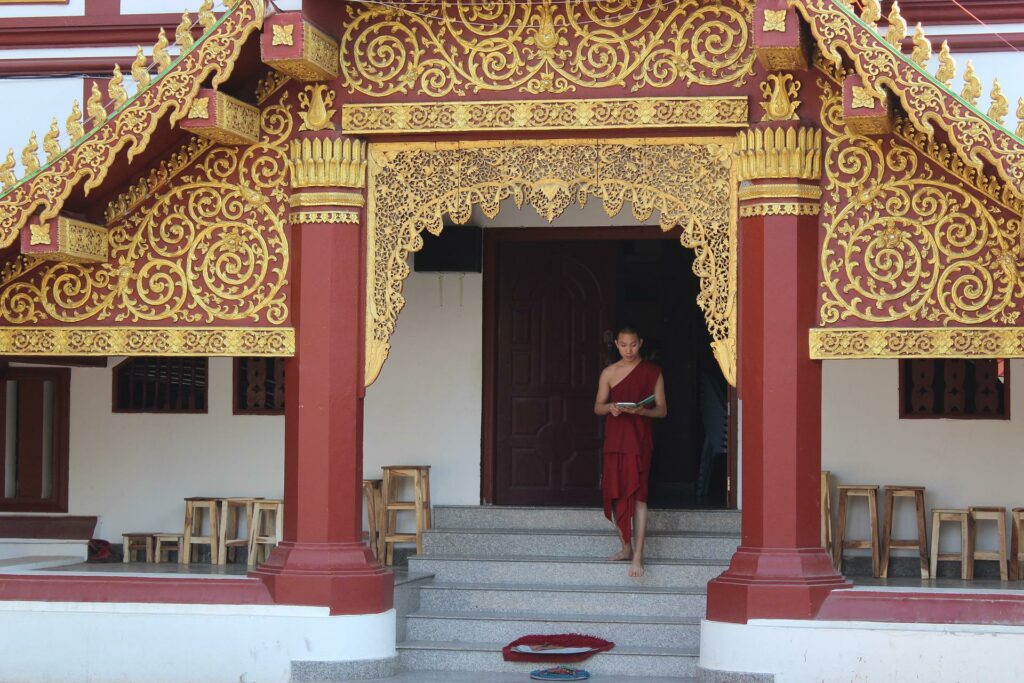
Vietnam War and exile
In 1961, he went to study at Princeton University in the USA, in 1963 he returned to his country and founded a non-violent resistance movement to war.
Accused of communist propaganda, he was forced into exile from 1967. He obtained the right of asylum in France.
Also in 1967, he was nominated for the Nobel Peace Prize by Martin Luther King, but the prize was not awarded that year.
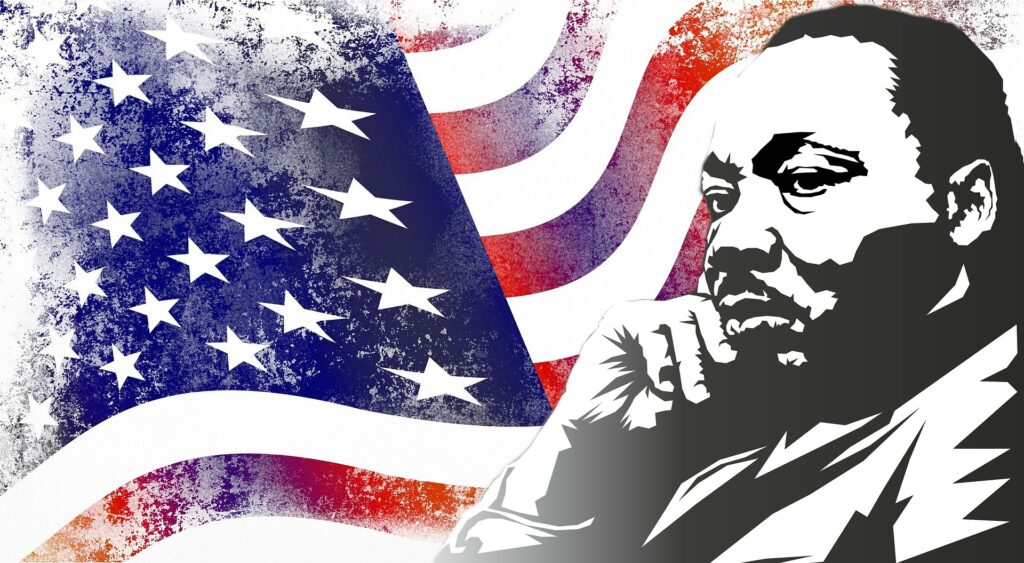
is a nonviolent activist for the civil rights movement
Plum village in France
In 1982, he settled in the southwest of France, and founded Plum village, the largest Buddhist monastery in the West.
In this Buddhist community, which has 200 resident members and welcomes 10,000 visitors a year, many practices are taught: the art of mindful living, meditation, inner smiling and conscious breathing.
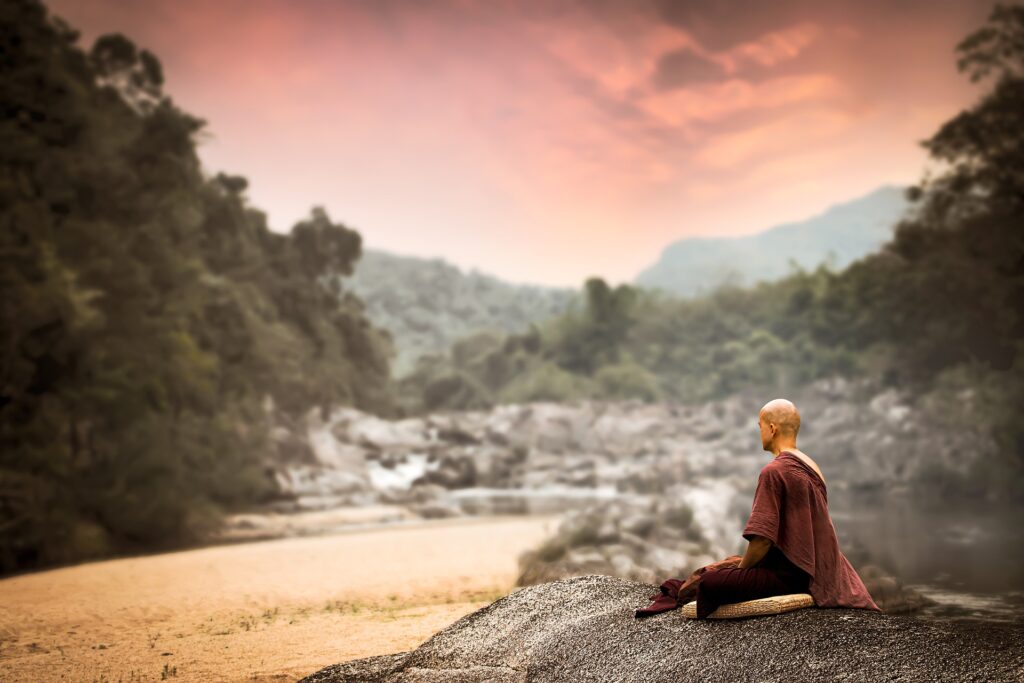
End of life of Thich Nhat Hanh
In 2005 he returned to Vietnam, to the temple of Tu Hieu in Huê, where he had begun his career as a monk, and he died there in 2022 at the age of 95.
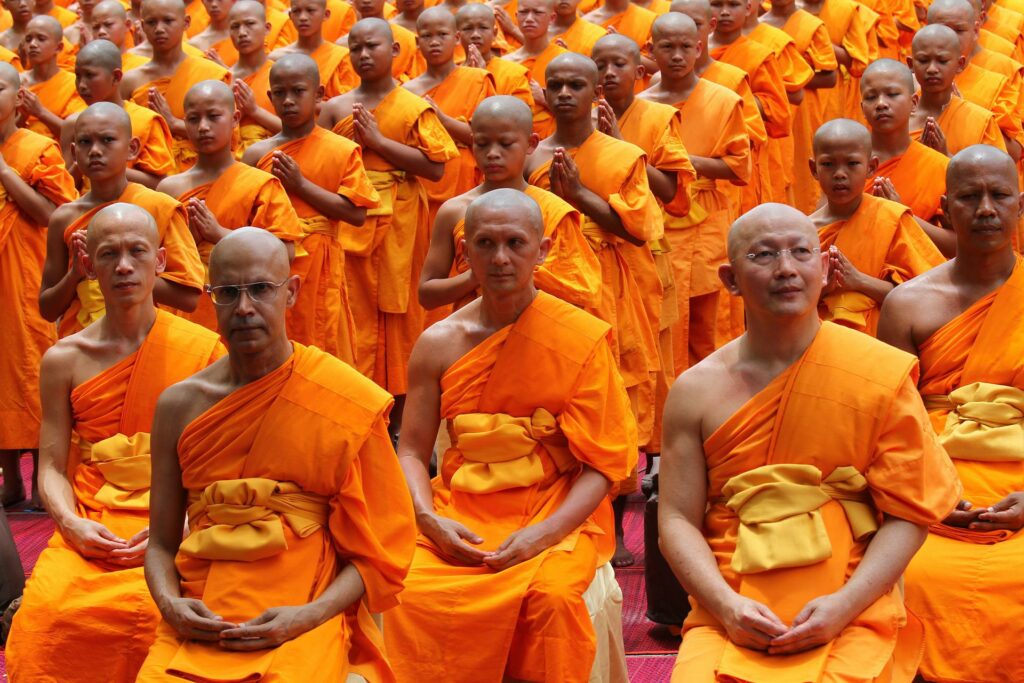
Some quotes from Thay, Thich Nhat Hanh
“The miracle is not walking on water, it is walking green Earth in the present moment and appreciating the beauty and peace that is available now.”
“It is very important to know how to listen with compassion. To listen with compassion is to listen with the will to relieve the other of his suffering, without judging him or seeking argument.
“Meditation is not escaping from society, but coming back to ourselves and seeing what is happening. Once you see, you have to act. With mindfulness, we know what to do and what not to do to help.”
“Christians are my brothers. I don’t want to make them new Buddhists. I want to help them deepen their own tradition. »
